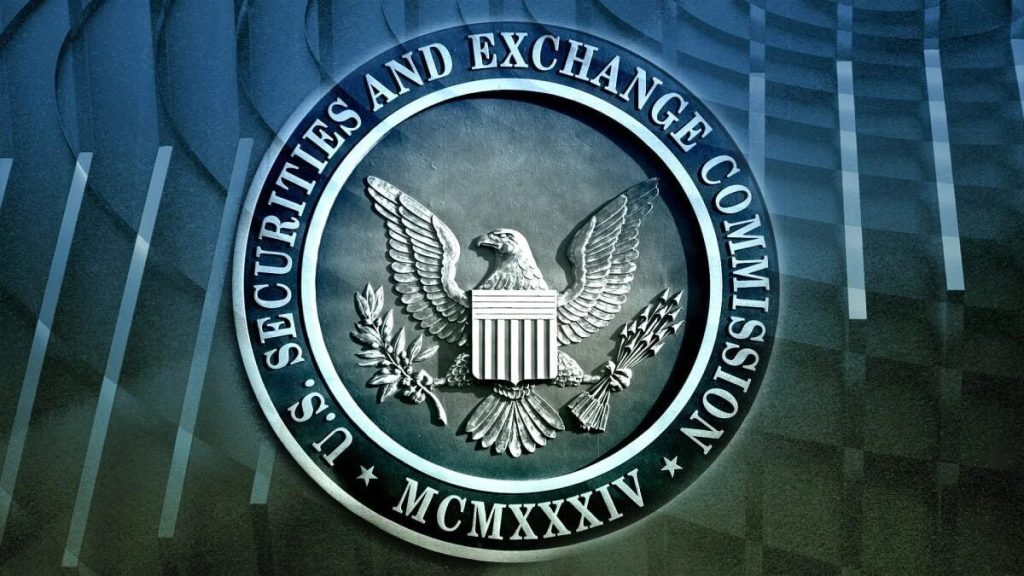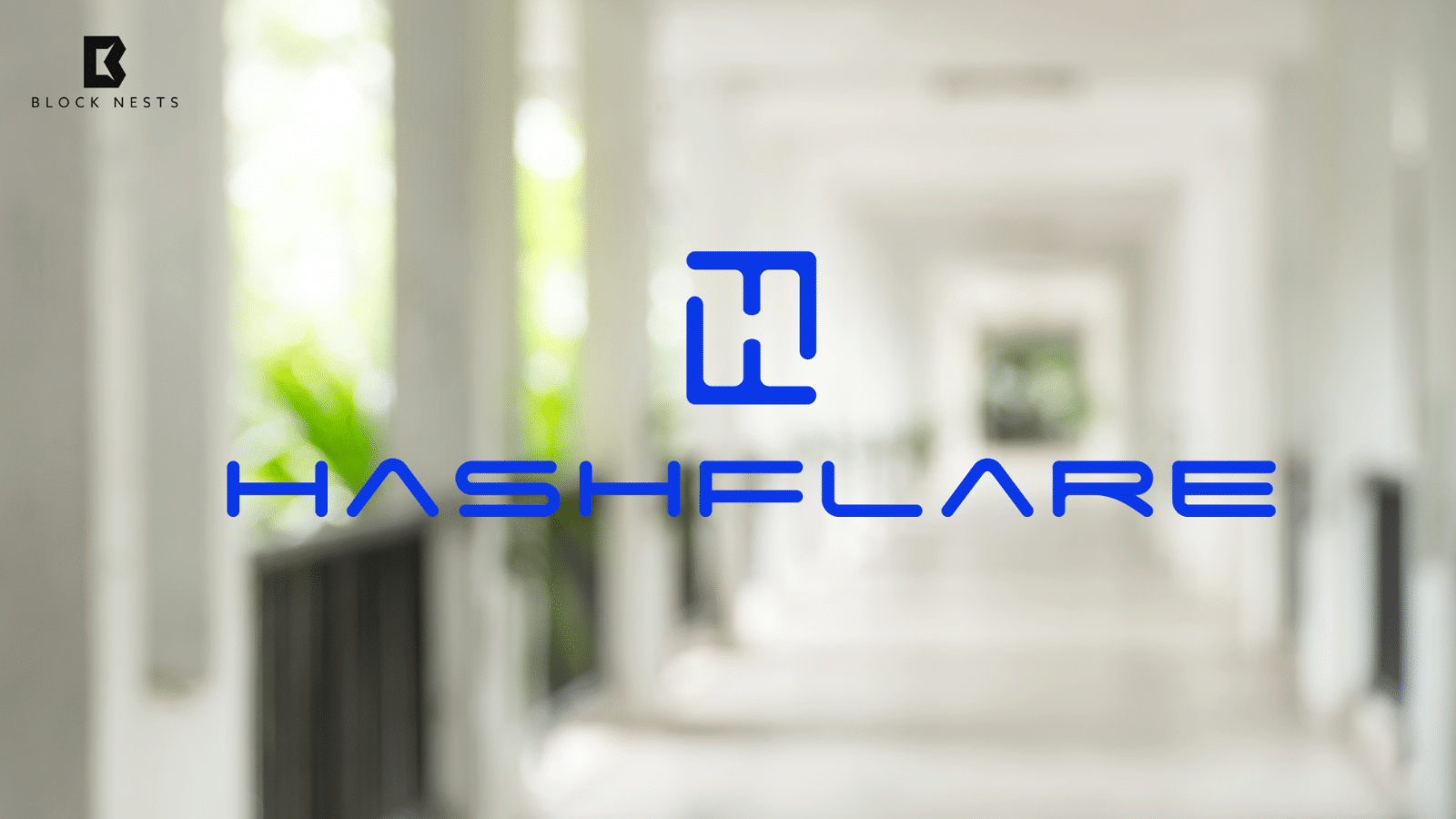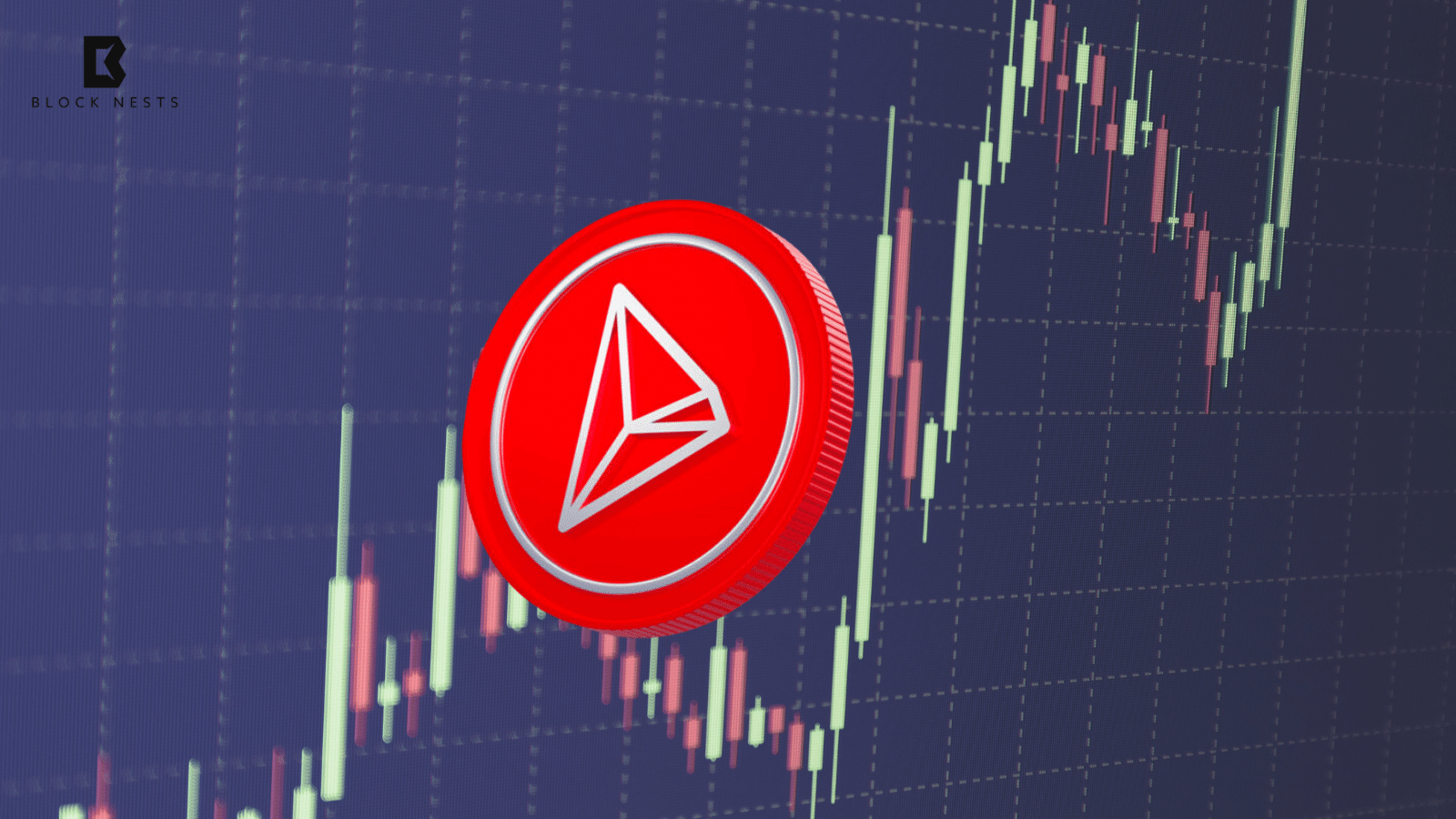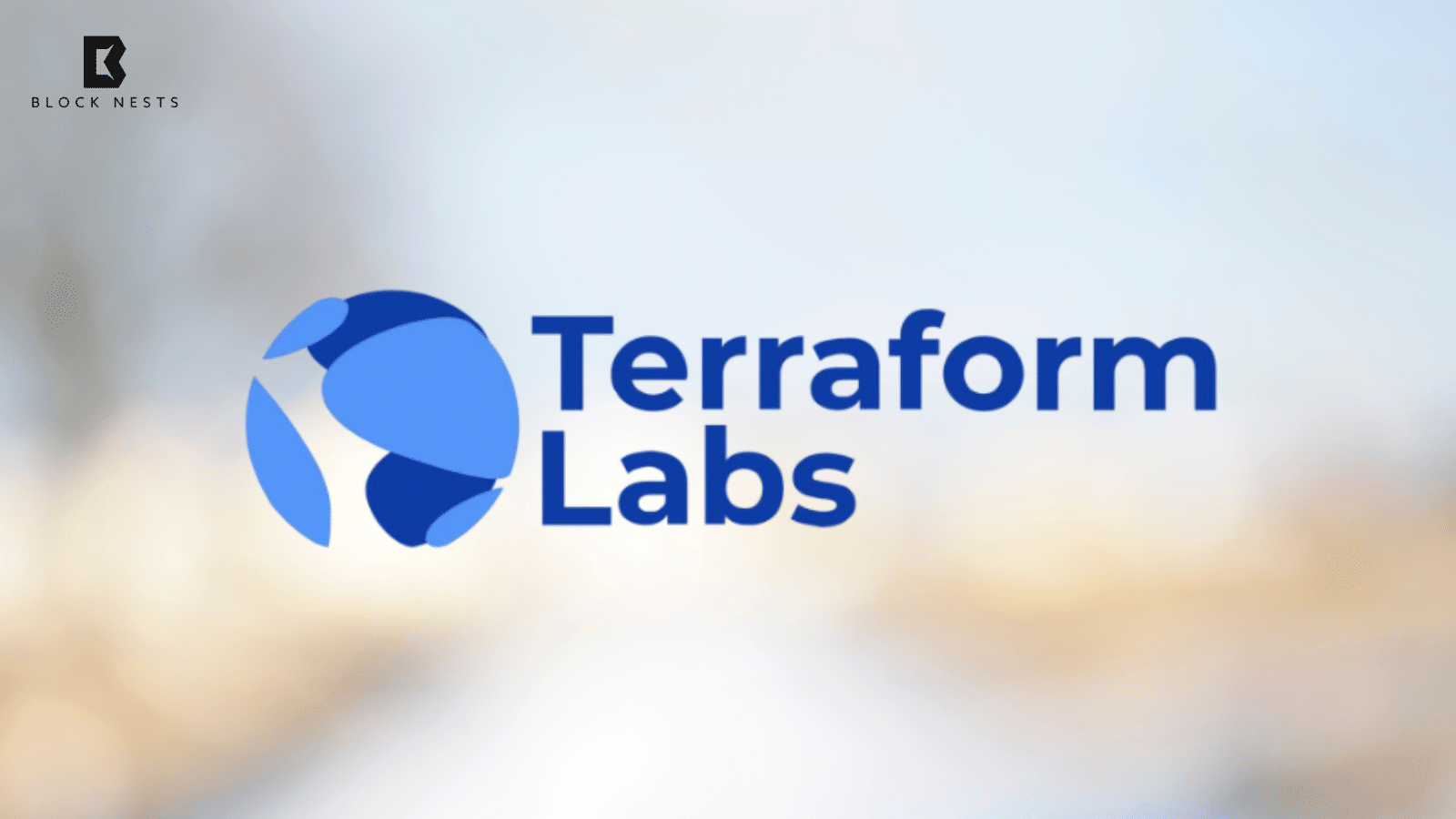- SEC extends the public comment period for CANARY’s HBAR ETF and GRAYSCALE’s Polkadot ETF filings.
- CANARY’s HBAR ETF and GRAYSCALE’s Polkadot ETF provide blockchain exposure without direct crypto ownership.
- SEC’s review process for these ETFs could shape the future of cryptocurrency investment products in finance.
The US SEC has announced that it has acknowledged the period for public remarks for two crypto exchange-traded product filings. Two popular ETFs, including CANARY’s HBAR ETF 19b-4 filing and GRAYSCALE’s Polkadot ETF 19b-4 filing, are now open for the public to scrutinize. This move is helpful to both companies as they join hands to seek approval of their propositions. Recognizing these ETFs as legal and compliant with the law is defined by the SEC’s review process.
Polkadot and HBAR ETF Proposals
The HBAR ETF will be provided by the trading firm CANARY and is based on the value of the HBAR token in Hedera. The ETF will make investors invest in HBAR without having to possess the coin or deal directly with the blockchain. CANARY has concepts of listing the ETF on the American national stock market. The filing also addresses such issues as market surveillance and investor protection that remain of pivotal concern to the SEC.
Polkadot ETF by Grayscale is also similar to that of other products in its genre. It will follow the market movements of Polkadot, a protocol that connects different blockchains. Polkadot facilitates connections between various blockchains, so it is an important player in the market. GRAYSCALE is an investment product that is closely regulated, allowing investors to invest in Polkadot without owning the token.
The comments should be posted during the public comment period, which opens after the documents have been approved by the SEC. The market participants can now share their views to all the two proposals. These remarks are crucial to the SEC’s decision making process because they decide which out of the ETFs can legally make it to the market.
SEC’s ETF Approval Process
The filing of these ETFs is in line with the general market developments. Institutional entities have shown a keen interest in investing products that are associated with virtual currencies. If both HBAR and Polkadot ETFs are approved by the SEC, it would bring the reality of including blockchain assets in the financial market much closer. This provide new opportunities for the purchase of such products by both individuals and large institutional investors.
After the period of the public comments, the SEC will then proceed to make its assessment in as to whether or not the proposed ETFs will meet the legal requirements for approval. This will greatly influence the future of cryptocurrency investment products; it may influence even the financial system as a whole.
How would you rate your experience?






